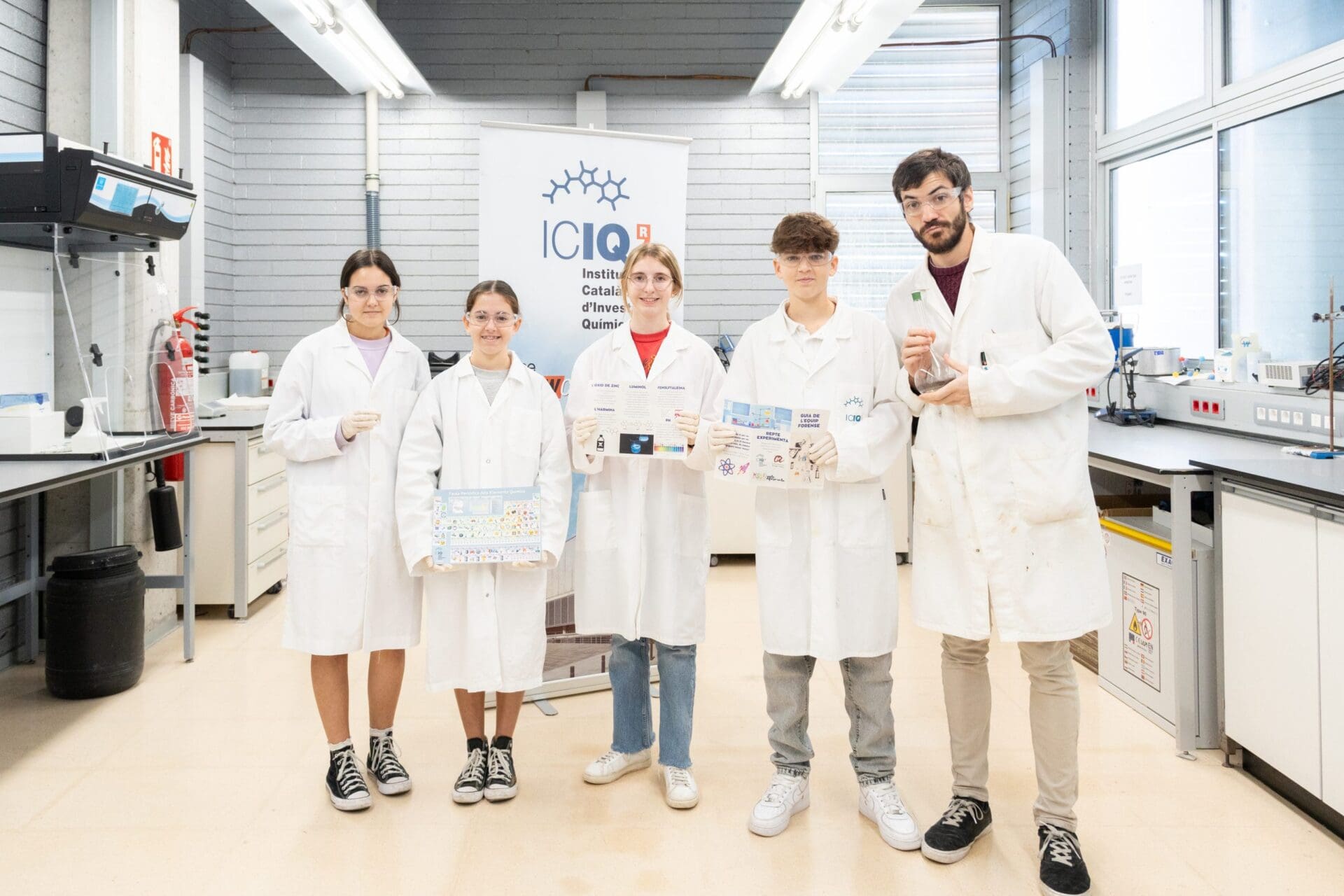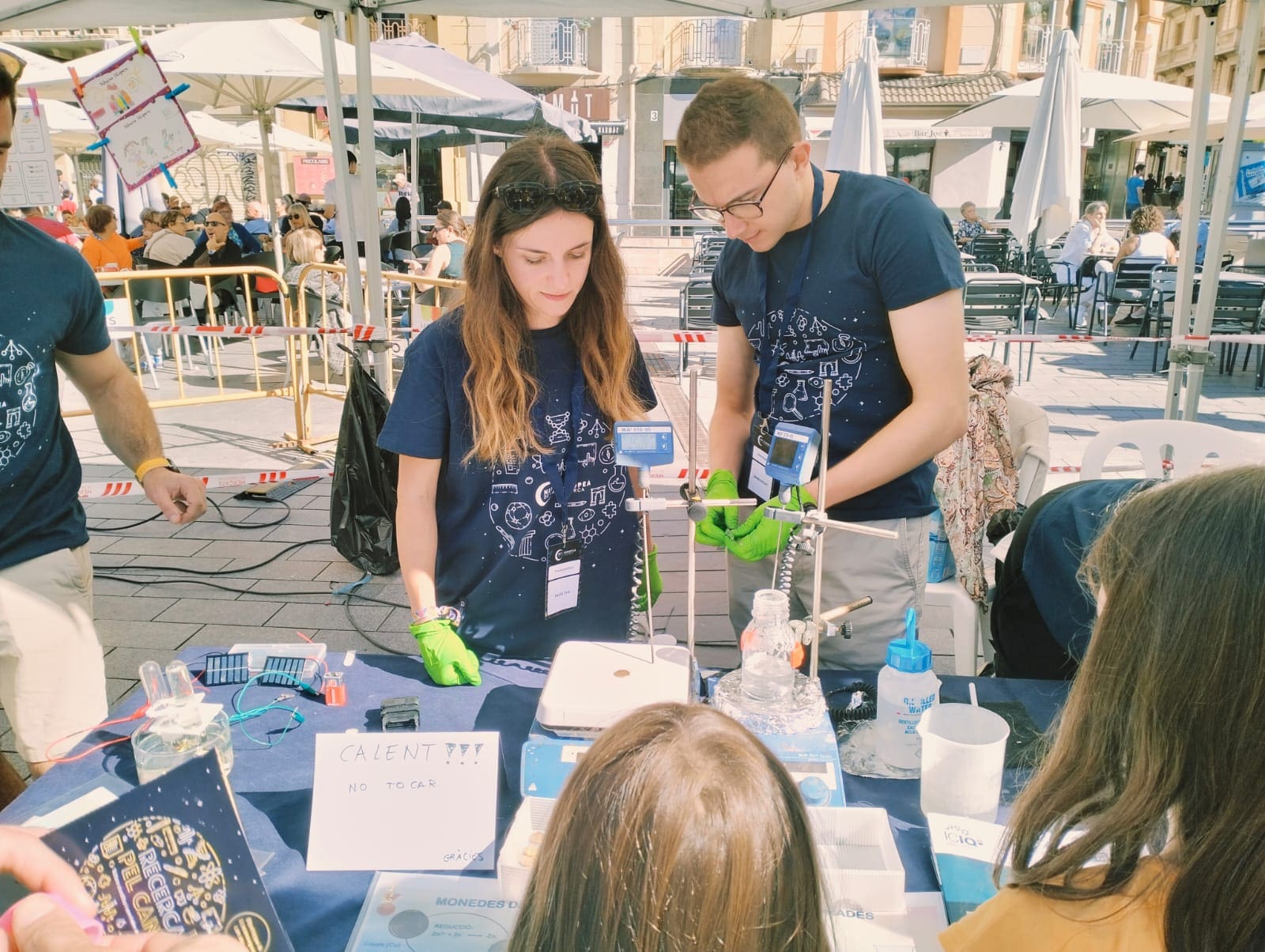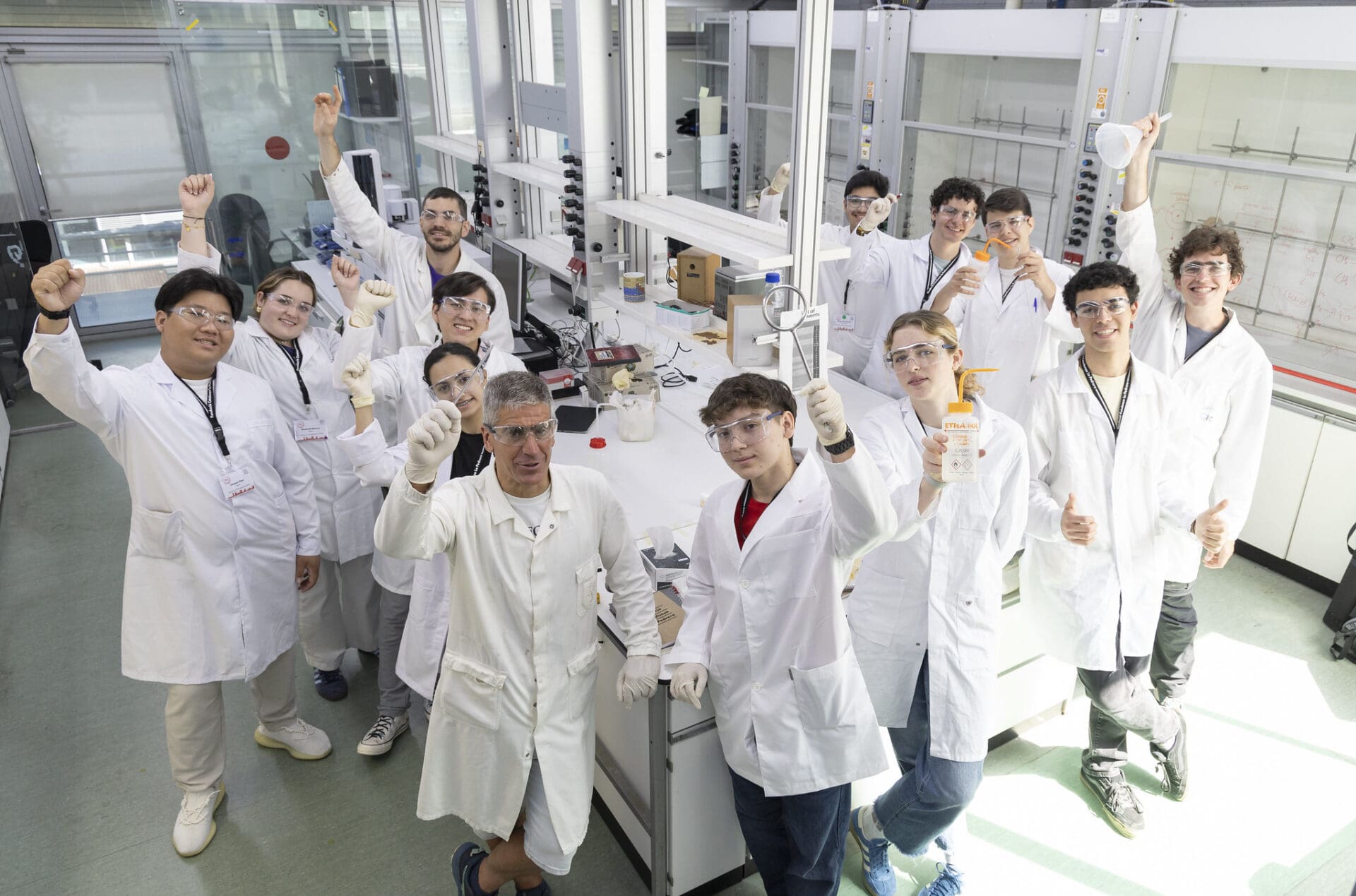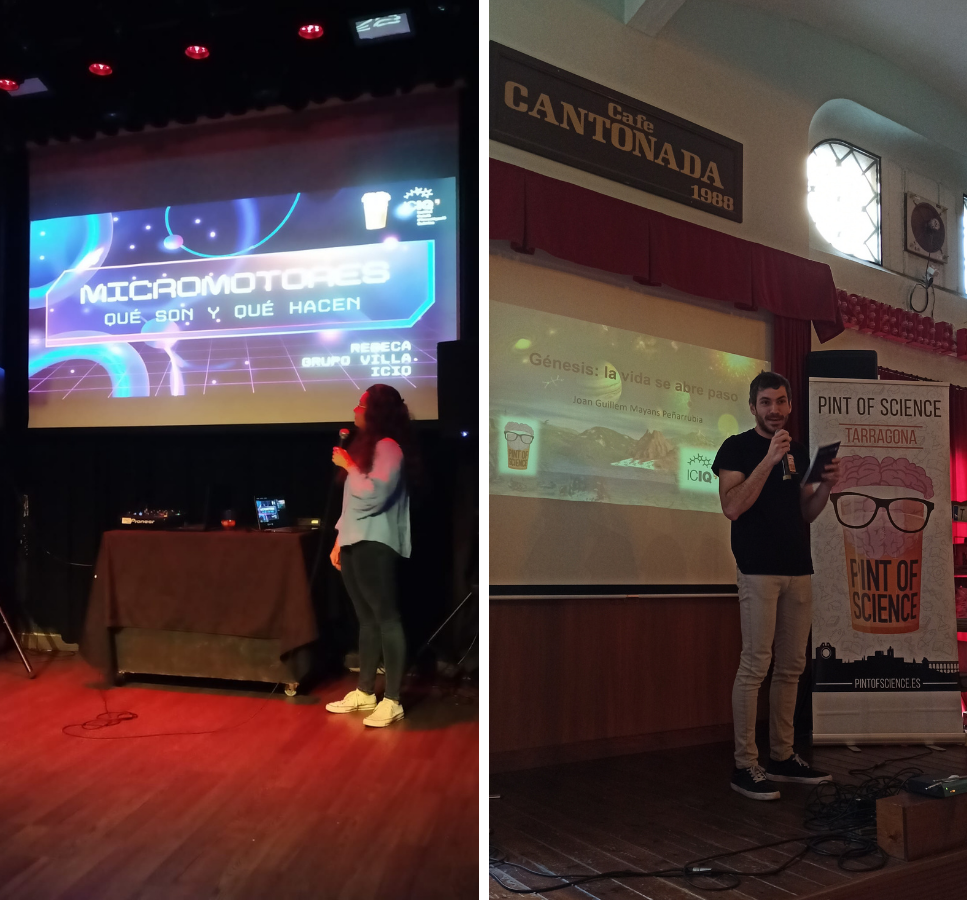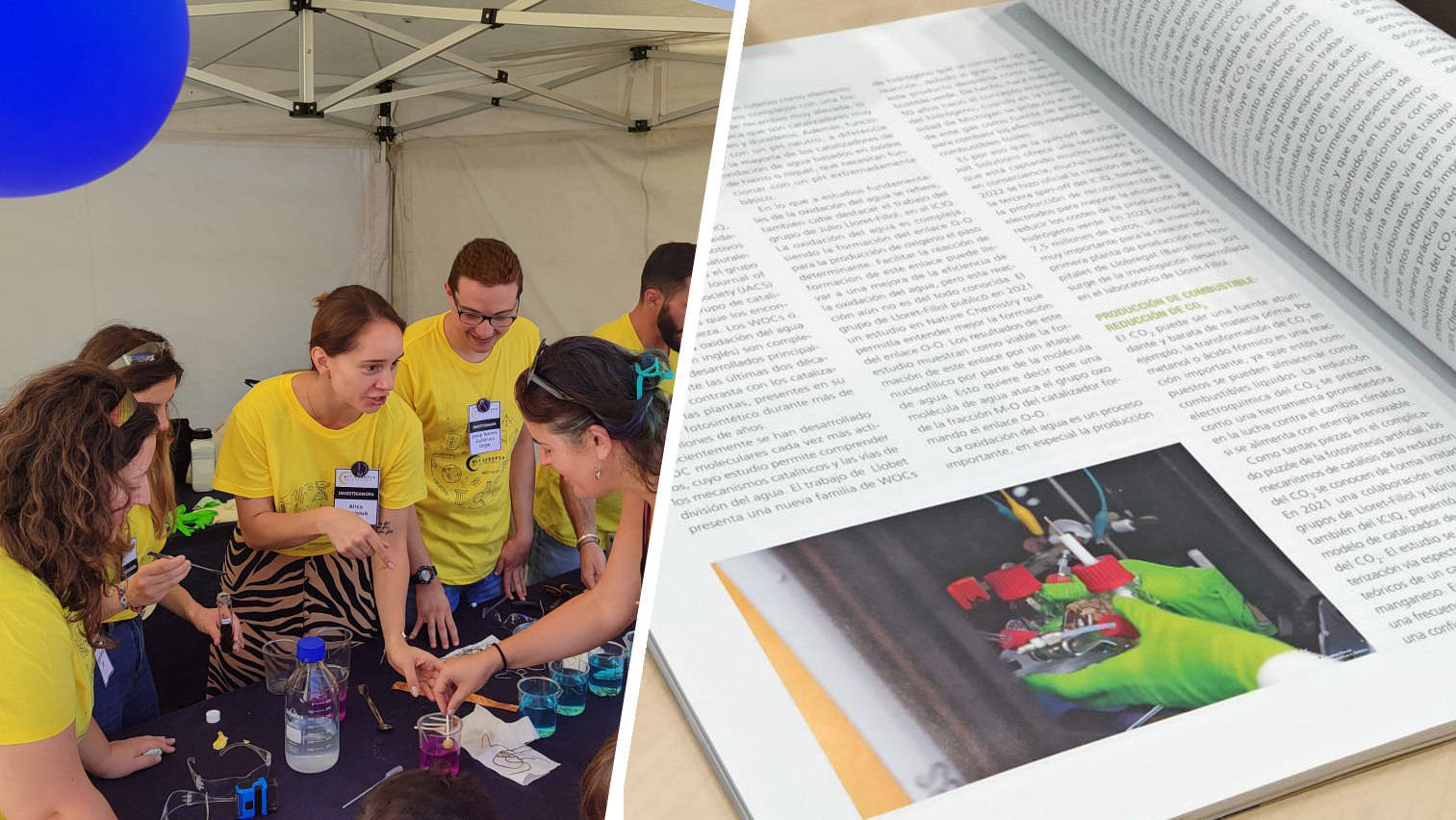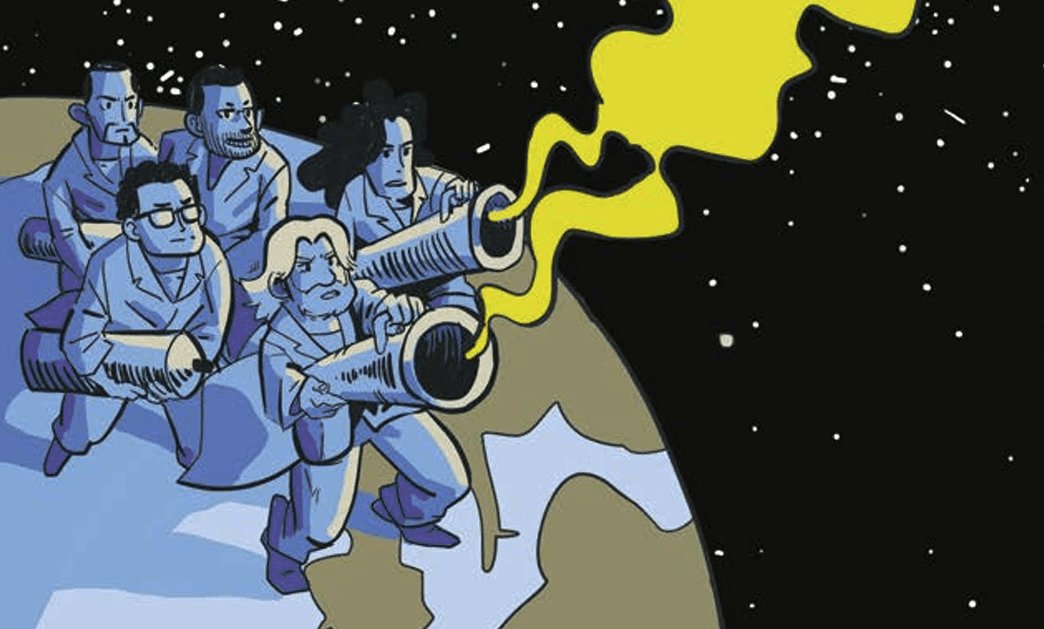Face to Face with Fernando P. Cossío
 Fernando P. Cossío is the president of the Executive Committee of Ikerbasque, the Basque foundation for science, professor of Organic Chemistry at the University of the Basque Country and a co-founder of the company Ikerchem. In his research, he combines theoretical and experimental organic chemistry to investigate the origins of selectivity in chemical reactions. He came to ICIQ to talk about ‘Five-membered Rings in Organometallic Catalysis and Offspring Organocatalysis’ and we took our chance to talk to him in our Face to Face.
Fernando P. Cossío is the president of the Executive Committee of Ikerbasque, the Basque foundation for science, professor of Organic Chemistry at the University of the Basque Country and a co-founder of the company Ikerchem. In his research, he combines theoretical and experimental organic chemistry to investigate the origins of selectivity in chemical reactions. He came to ICIQ to talk about ‘Five-membered Rings in Organometallic Catalysis and Offspring Organocatalysis’ and we took our chance to talk to him in our Face to Face.
When did you decide to become a scientist and why?
I’ve been always very interested in science and in arts. Chemistry is a science that creates its own ‘objects’. It combines creativity with the Universe description as we know it.
Later on, being already a chemistry grad, I watched a TV series by Carl Sagan, Cosmos, and I decided I wanted to be a researcher.
What do you like the most about your job?
I love finding out new and unexpected things. In that sense, I am not disappointed with the creative side of scientific research. In my view, scientific research is as creative as arts.
Which ones are the major highlights in your scientific career so far?
I think we have gathered important and new knowledge on cycloaddition reactions and aromaticity. We have also been able to transfer all that knowledge into the synthesis of new molecules with applications in medicinal chemistry.
Ikerbasque was born in 2007 and today it is already a renowned and prestigious research cluster. What are the key elements leading to the success of Ikerbasque?
Ikerbasque is a foundation that aims to attract research talent to Euskadi and to develop top-level research centres. In Euskadi we have very solid platforms in industry and technology but, in basic scientific research, we are still a small and young research community. We are now trying to grow and progress as fast as we can, trying not to perturb the system. We would like to grow in a sustainable way.
Many newspapers are publishing news about the dramatic situation of Spanish research and the brain drain Spain is suffering from. From your point of view, how could we reach the equilibrium between an academic inbreeding system and a brain drain situation?
That is probably the most important and delicate topic of science policy. As you mention, neither of those systems is good. We need to reach the equilibrium between the three Rs of European science policy: Recruit, retain and repatriate. We need to work on those three Rs very carefully to avoid the disequilibrium of the system.
PROUST/ICIQ QUESTIONNAIRE
A Chemical element: Carbon
Favourite scientist: Rita-Levi Montalcini
An invention: Antibiotics
If you hadn´t been a chemist… I would’ve been astrophysicist, architect or sculptor
Favourite destination: Cairns, Autralia, to dive
A book: Life and Fate by Vasili Grossman
A film: ‘2001 A space Odyssey’
A dream: To get a better work-life balance
Science is… knowledge and creation.
Related news

Let's create a brighter future
Join our team to work with renowned researchers, tackle groundbreaking
projects and contribute to meaningful scientific advancements





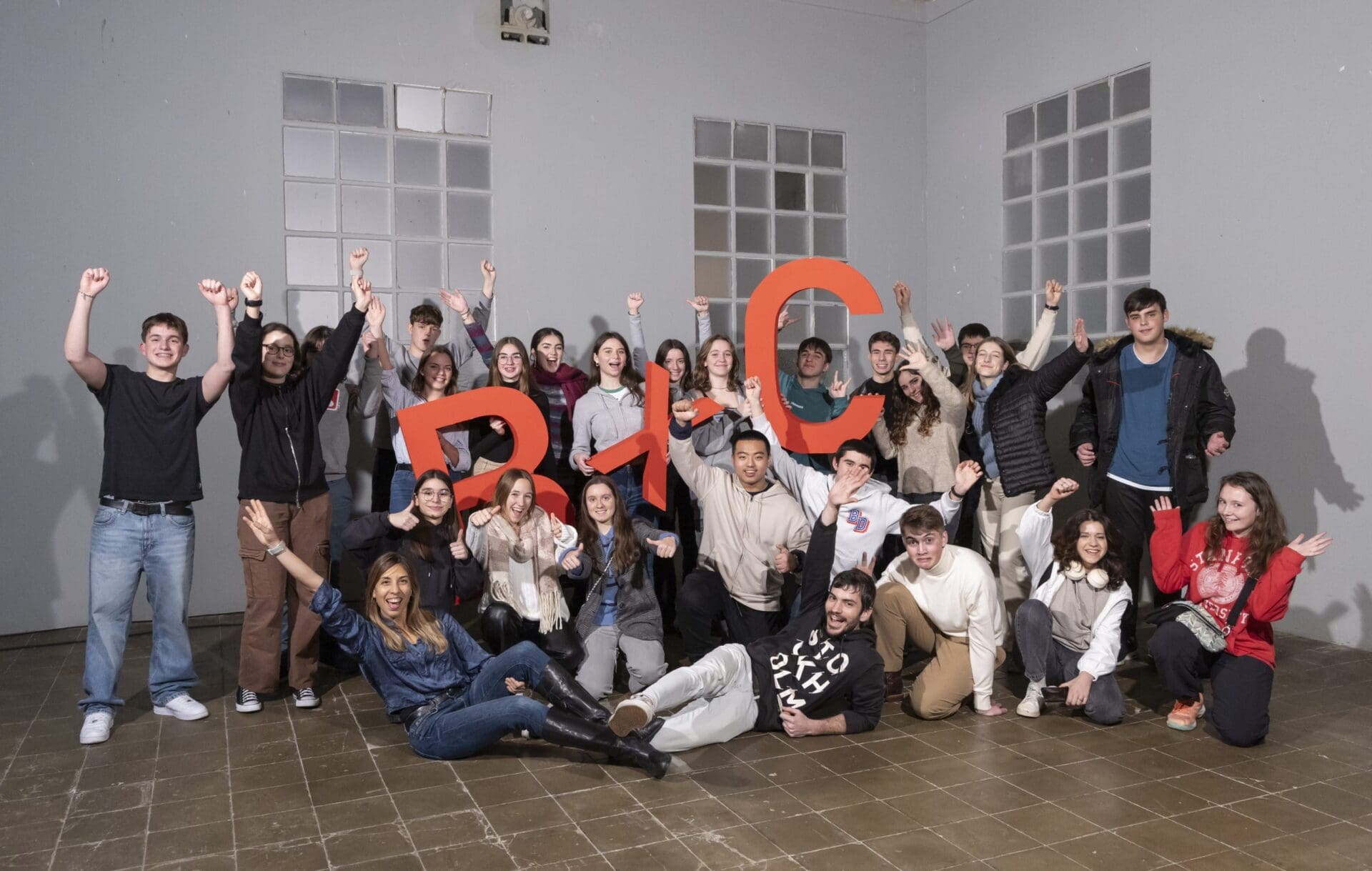
 02-12-2024
02-12-2024 